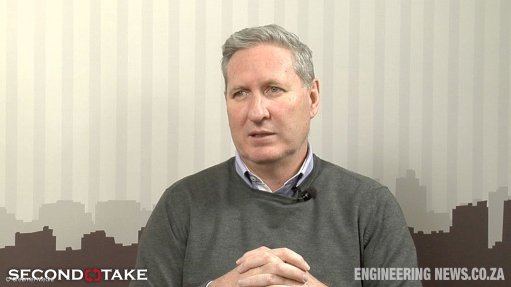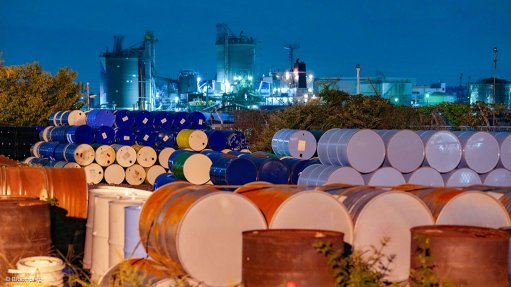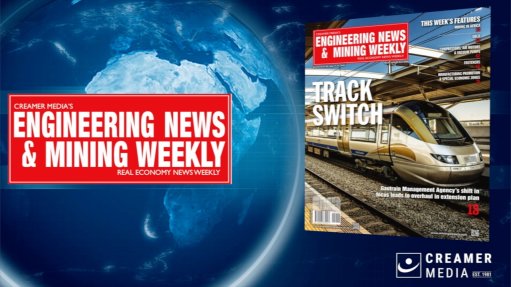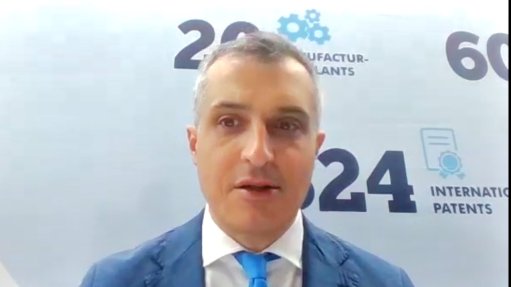UK and US companies team up to study nuclear fusion rockets for spaceships

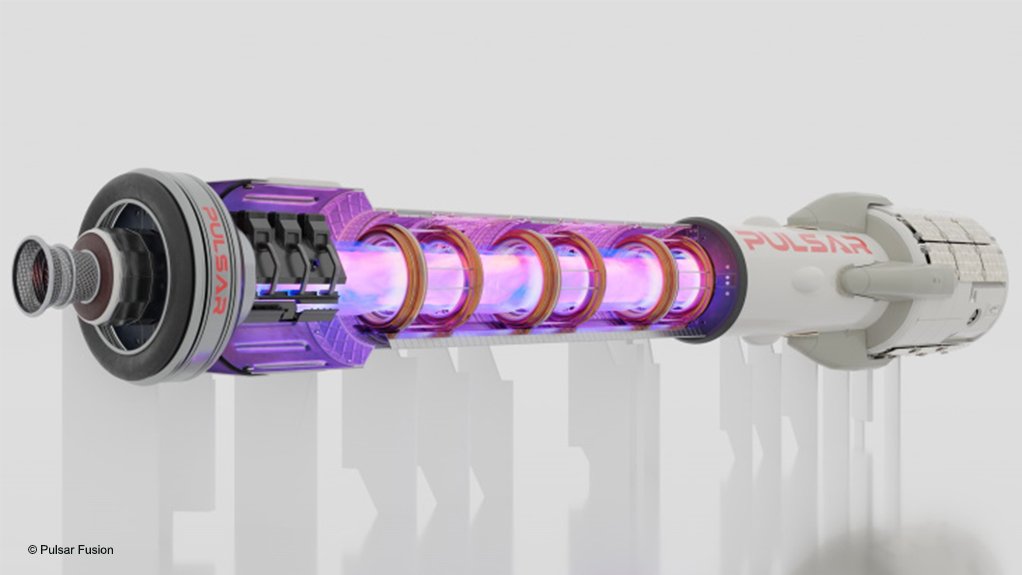
A concept of a nuclear fusion rocket-powered interplanetary spaceship
Photo by Pulsar Fusion
Two high-technology startup companies, one British and one American, are partnering to use artificial intelligence (AI) to develop a nuclear fusion rocket propulsion system for interplanetary spacecraft. The two enterprises are Princeton Satellite Systems (US) and Pulsar Fusion (UK).
A nuclear fusion rocket motor would produce 1 000 times the power of the conventional ion thrusters currently used in space and could allow a spaceship to achieve speeds of up to 805 000 km/h. This would allow a vessel to reach Mars in only 30 days, instead of the current seven or so months. A voyage to Saturn’s moon Titan could be done in two years, instead of the current seven years.
“Fusion propulsion is free from many of the vast infrastructure requirements presented in the development of terrestrial fusion energy for power stations on Earth,” highlighted Pulsar Fusion founder and CEO Richard Dinan. “Space is the ideal place to do fusion in terms of it being a vacuum and the extremely cold temperatures. Unlike a fusion power station, fusion propulsion doesn’t require a giant steam turbine and fuels can be sourced externally rather than needing to be created on site. … Our view is that fusion propulsion will be demonstrated in space decades before we can harness fusion for energy on Earth.”
The two companies will use AI machine learning to study data generated by the Princeton field-reverse configuration (PFRC-2) reactor, developed by the Princeton Plasma Physics Laboratory. This technology is being developed by the Lab in a programme to create small, simple and clean nuclear fusion reactors that would generate power in the range from 1 MW to 10 MW, classifying them as “microreactors”. The PFRC-2 holds the world record for a stable field-reversed configuration plasma duration.
Field-reversed configuration plasma technology involves confining the plasma within closed magnetic field lines, within a basically cylindrical confinement. The plasma forms itself into self-stable torus, or ring structure (like a smoke ring). A reactor using this technology does not have any structure that runs through the centre of the plasma ring.
“By pooling our own research and resources with those of Princeton Satellite Systems, Pulsar has gained access to behavioural data from the world-record-holding fusion reactor PRFC-2 coupled with recent advancements in machine learning,” he pointed out. “This will supercharge the development of our nuclear fusion rocket systems.”
Comments
Press Office
Announcements
What's On
Subscribe to improve your user experience...
Option 1 (equivalent of R125 a month):
Receive a weekly copy of Creamer Media's Engineering News & Mining Weekly magazine
(print copy for those in South Africa and e-magazine for those outside of South Africa)
Receive daily email newsletters
Access to full search results
Access archive of magazine back copies
Access to Projects in Progress
Access to ONE Research Report of your choice in PDF format
Option 2 (equivalent of R375 a month):
All benefits from Option 1
PLUS
Access to Creamer Media's Research Channel Africa for ALL Research Reports, in PDF format, on various industrial and mining sectors
including Electricity; Water; Energy Transition; Hydrogen; Roads, Rail and Ports; Coal; Gold; Platinum; Battery Metals; etc.
Already a subscriber?
Forgotten your password?
Receive weekly copy of Creamer Media's Engineering News & Mining Weekly magazine (print copy for those in South Africa and e-magazine for those outside of South Africa)
➕
Recieve daily email newsletters
➕
Access to full search results
➕
Access archive of magazine back copies
➕
Access to Projects in Progress
➕
Access to ONE Research Report of your choice in PDF format
RESEARCH CHANNEL AFRICA
R4500 (equivalent of R375 a month)
SUBSCRIBEAll benefits from Option 1
➕
Access to Creamer Media's Research Channel Africa for ALL Research Reports on various industrial and mining sectors, in PDF format, including on:
Electricity
➕
Water
➕
Energy Transition
➕
Hydrogen
➕
Roads, Rail and Ports
➕
Coal
➕
Gold
➕
Platinum
➕
Battery Metals
➕
etc.
Receive all benefits from Option 1 or Option 2 delivered to numerous people at your company
➕
Multiple User names and Passwords for simultaneous log-ins
➕
Intranet integration access to all in your organisation










